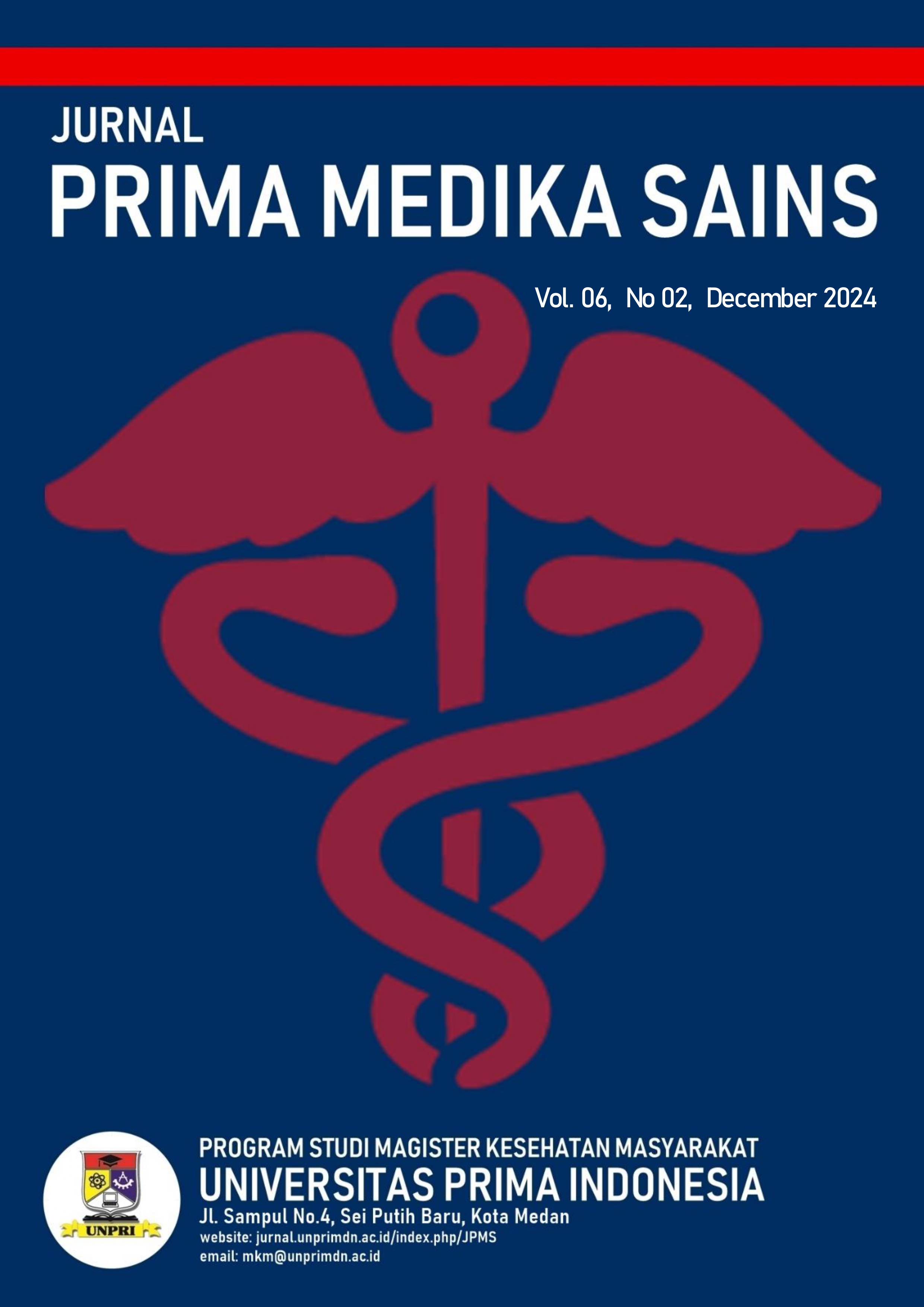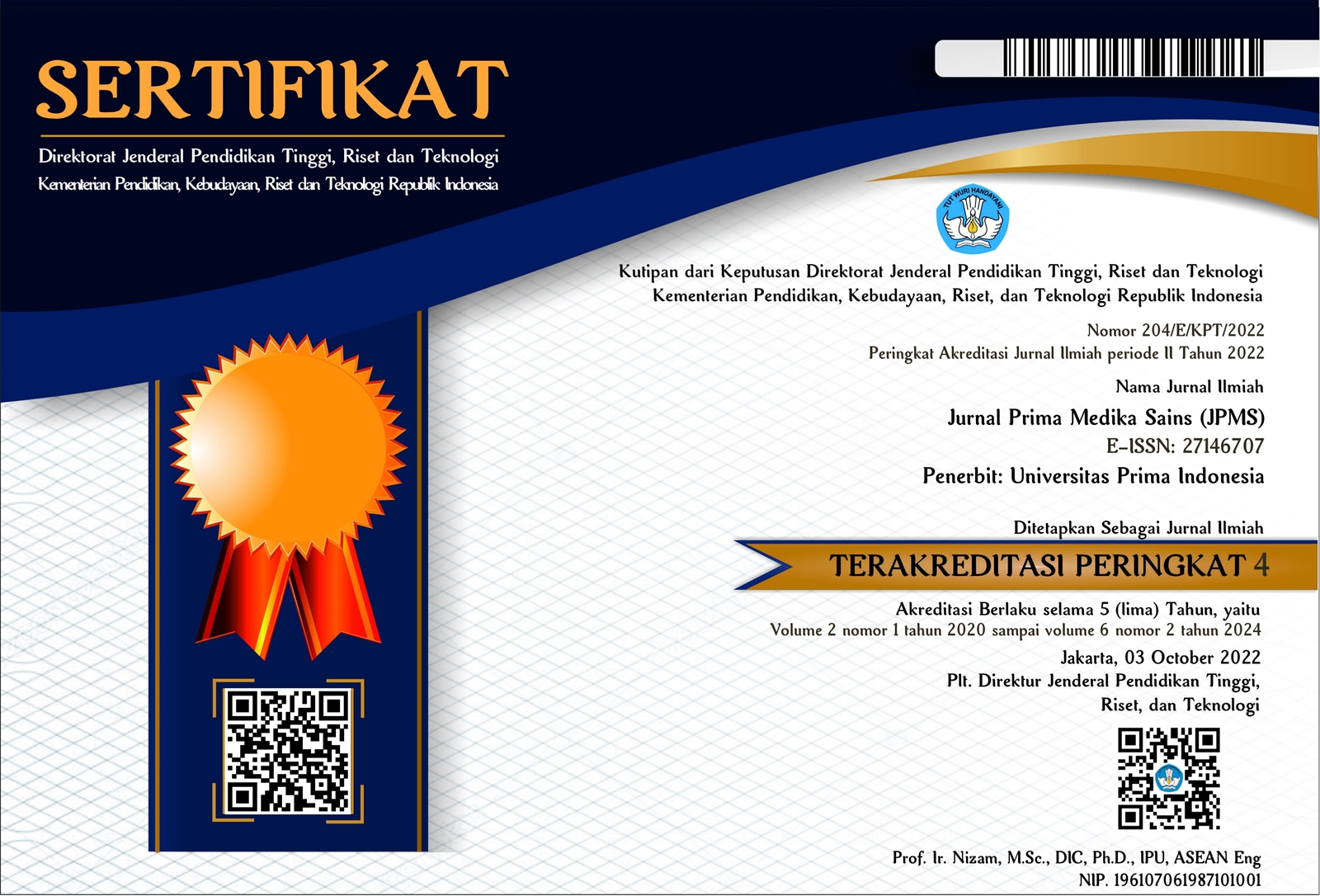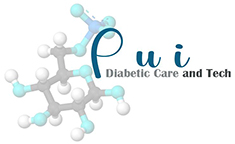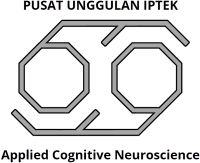CT evaluation of pediatric airway foreign bodies: Emphasis on the role of CT scanning in foreign body removal with bronchoscopy
DOI:
https://doi.org/10.34012/jpms.v6i2.6257Keywords:
airway foreign bodies, CT scan, case reportAbstract
A foreign body that enters the airway through aspiration may become lodged in the trachea, bronchi, or larynx. The size, shape, and type of the foreign body determine where it should be lodged. Children are more frequently impacted. Unexpected inspiration during play or fighting while holding something in their mouths can result in accidents. The first study of choice for any child being evaluated for foreign body aspiration is still a plain film chest X-ray. Computerized tomographic examinations have a slightly higher sensitivity. We report a case of aspiration foreign body in a 12-year-old boy with the main complaint of choking. On physical examination, there were decreased breath sounds and wheezing in the upper left lung area. Chest x-ray revealed a radioopaque needle pin-like foreign body and no abnormalities in both lung. The results of a chest computed tomography (CT) scan showed a needle was abaout 4cm long and located in left bronchus. Once the diagnosis is made, removal of the foreign body with bronchoscopy is performed in these cases. Chest CT scans may need less time for evaluation and provide finer image resolution, making it easier to identify the position, size, and form of AFBs. As a result, chest CT scans offer great potential usefulness in the investigation of suspected AFBs.
Downloads
Published
How to Cite
Issue
Section
License
Copyright (c) 2024 Indra Riris Delima Siregar, Adi Soekardi, Aziza Ghanie Icksan

This work is licensed under a Creative Commons Attribution 4.0 International License.






